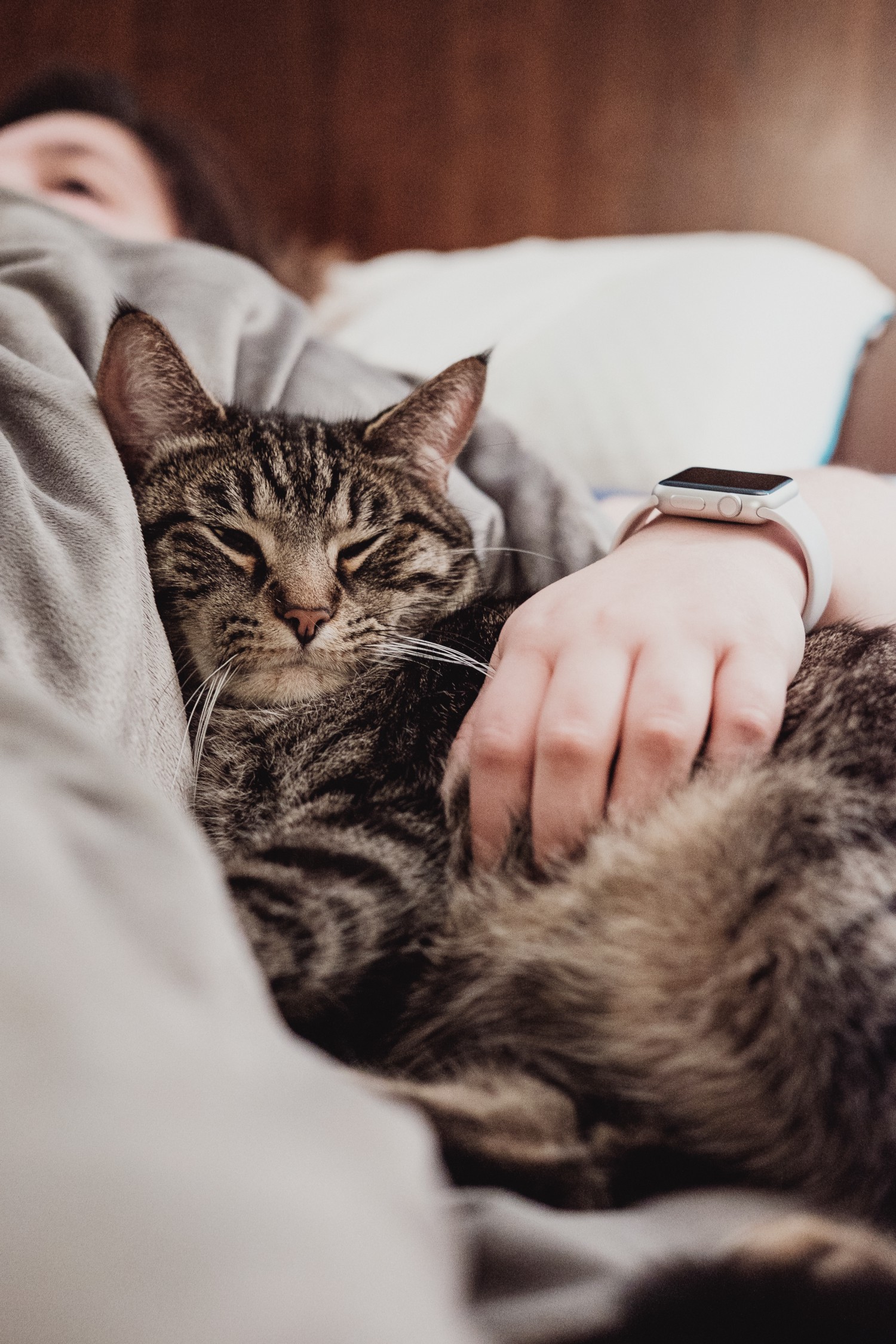Using a device to measure your sleep may make you so nervous about “performing” that your sleep actually gets worse, suggests a recent research paper in Sleep Medicine.
The report is based on anecdotal evidence, so as Science of Us writes, sleep tracker anxiety may not happen to everyone. But the premise makes sense: Feeling nervous when you know you’re being tracked or judged (even if it’s just by technology) is normal, and as anyone who’s ever dealt with issues falling asleep knows, being anxious about falling asleep just makes it harder to drift off.
Co-author of the study Kelly Baron, a clinical psychologist at Rush University Medical Center, told Science of Us that people often “fixate on a number” when using sleep trackers to get better sleep, then constantly chase that number. The researchers have given this unique paradox a name: orthosomnia.
Other trackers, like fitness devices that measure steps, may tee up similar anxiety. But as Science of Us points out, getting 10,000 steps is a concrete goal that can be repeated consistently. Sleep on the other hand is elusive — we can create conditions conducive to good sleep (like a bedtime routine that includes leaving your smartphone outside the room) but the amount we get is dependent on a whole host of things we can’t always control.
An added irony of sleep trackers is that the anxiety they may cause could make users check the app more often during the night, according to Science of Us, meaning more screen time at the worst time of the day. This goes against a wealth of research pointing to the detrimental effects of bringing screens into the bedroom — we’re exposing ourselves to light that tells our body “don’t go to sleep!” which definitely doesn’t help us get to sleep.
We’re all for using the latest technology to help improve our well-being but these findings are a reminder that even the most well-intentioned devices may have unintended consequences. If sleep trackers have helped you get better rest, that’s great. But if you’re lying in bed awake at night nervous that you won’t live up to the standards a device has set for you, it might be time to truly unplug and recharge. Start by shutting down your devices at least 30 minutes before bed and leaving your smartphone outside the room.
Read more about the findings at Science of Us.
Originally published at medium.com


